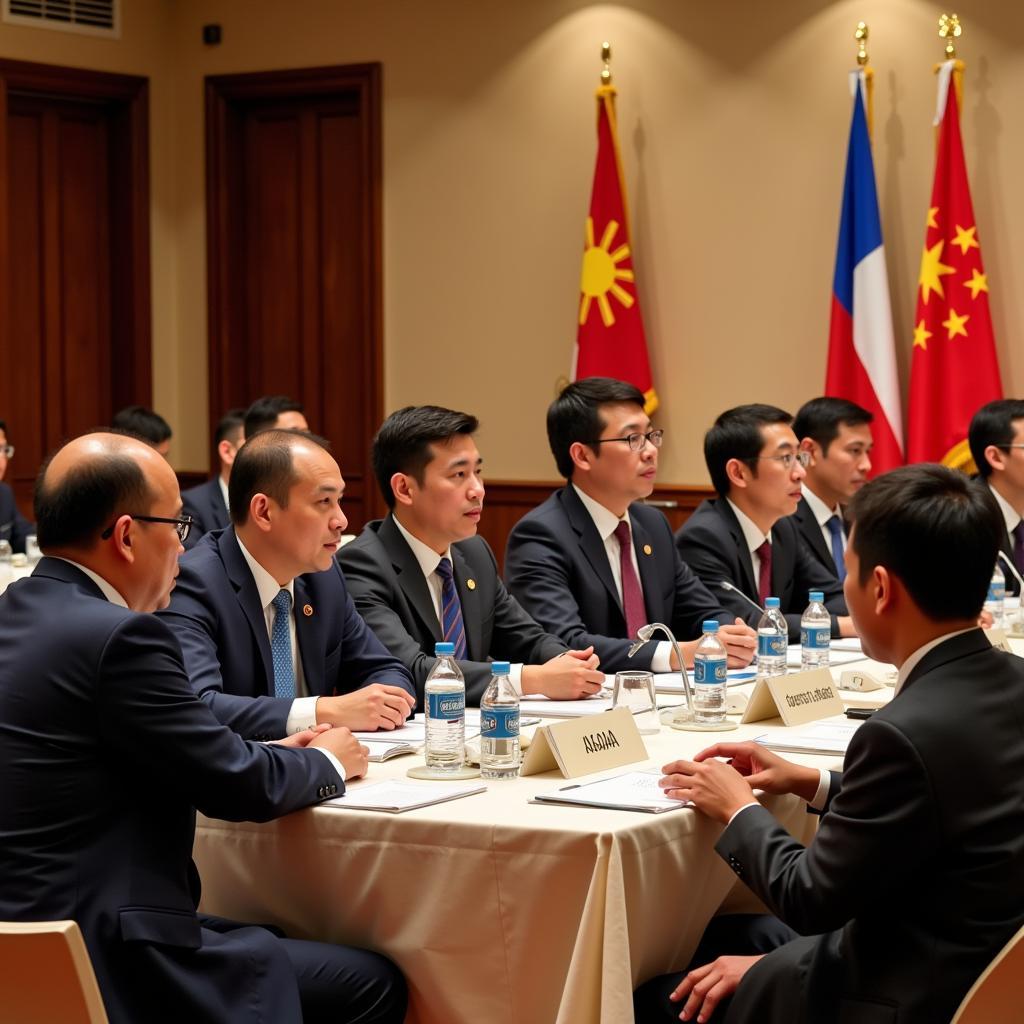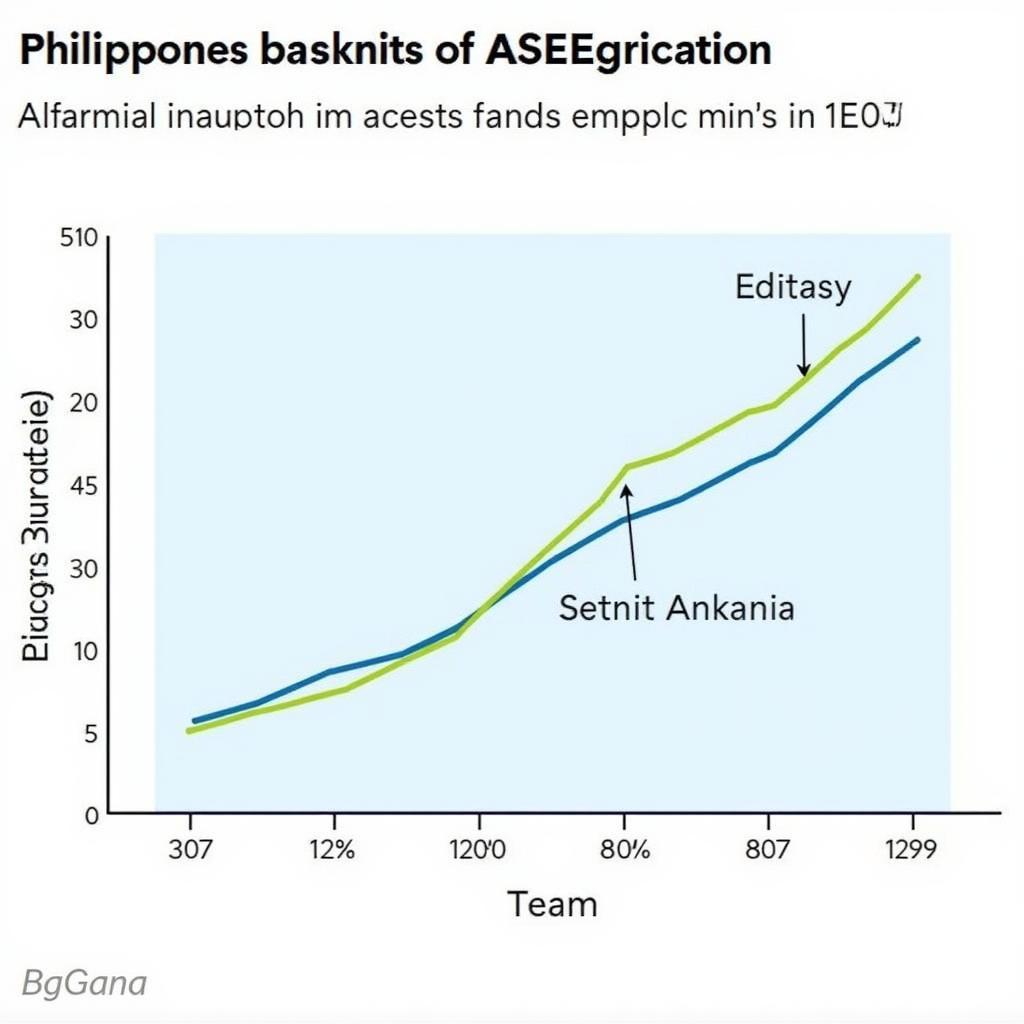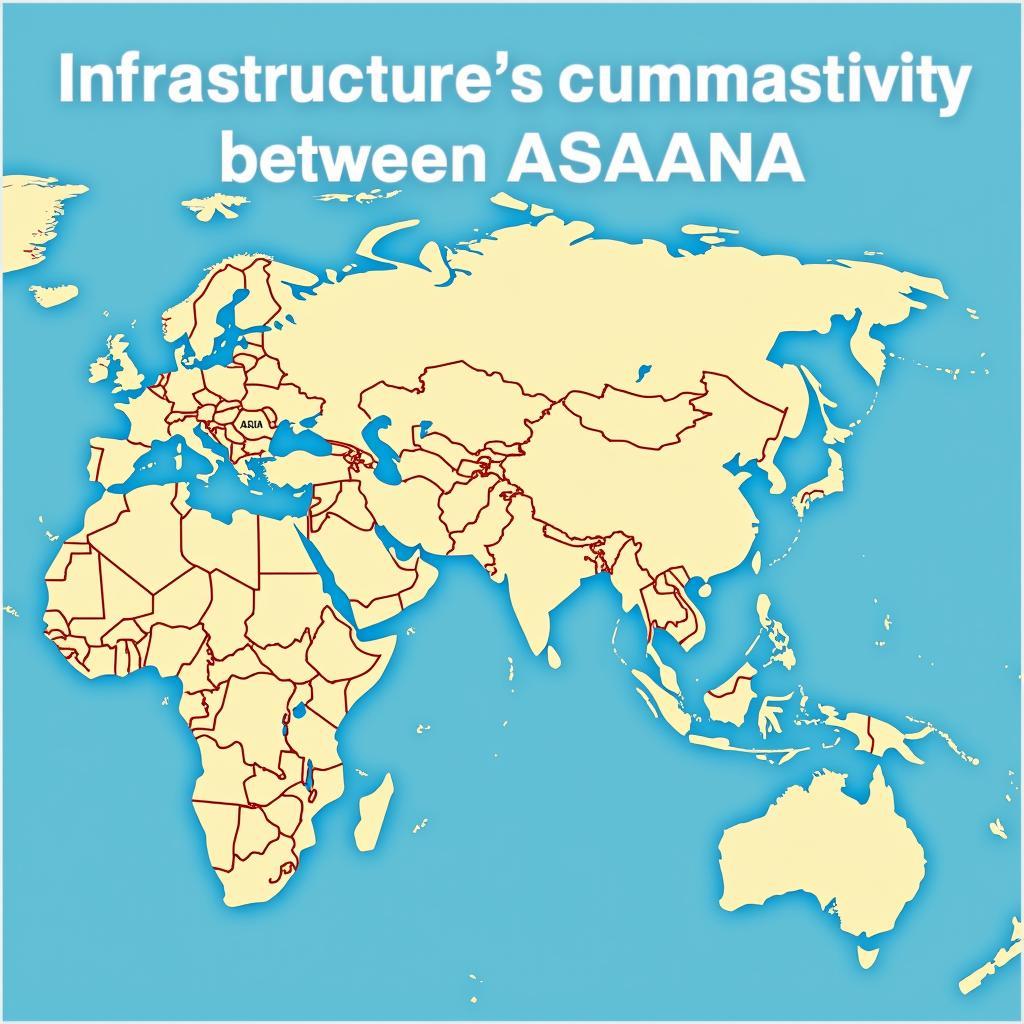The Philippines, a vibrant archipelago in Southeast Asia, has been a key player in the Association of Southeast Asian Nations (ASEAN) since its inception. The intersection of “Asea Philippines” signifies a dynamic relationship that has shaped the country’s economic, political, and socio-cultural landscape. This article explores the multifaceted aspects of this relationship, examining the opportunities, challenges, and future prospects for the Philippines within the ASEAN framework.
The Philippines and ASEAN: A Historical Perspective
The Philippines, along with Indonesia, Malaysia, Singapore, and Thailand, played a pivotal role in the formation of ASEAN in 1967. The primary objective was to foster regional cooperation and stability amidst the Cold War tensions. Over the years, ASEAN has expanded to include Brunei Darussalam, Vietnam, Laos, Myanmar, and Cambodia, evolving into a significant regional bloc.
 Philippines at ASEAN Summit
Philippines at ASEAN Summit
Economic Integration and Opportunities for the Philippines
ASEAN economic integration has been a significant driver of growth for the Philippines. The ASEAN Free Trade Area (AFTA) has reduced tariffs and facilitated trade between member states. This has opened up new markets for Filipino businesses, particularly in sectors such as electronics, agriculture, and business process outsourcing.
The ASEAN Economic Community (AEC) Blueprint 2025 aims to achieve a more integrated and cohesive regional economy. For the Philippines, this presents opportunities to attract foreign direct investment, enhance competitiveness, and move up the value chain.
 Growth of Philippine Exports
Growth of Philippine Exports
Socio-Cultural Exchange and People-to-People Connectivity
Beyond economics, ASEAN plays a vital role in promoting cultural exchange and understanding. The Philippines, with its rich history and diverse cultural heritage, actively participates in various ASEAN initiatives that celebrate the region’s artistic traditions, languages, and values.
Programs like the ASEAN University Network (AUN) and the ASEAN Youth Exchange Program foster people-to-people connectivity, promoting a sense of shared identity and regional solidarity.
Challenges and the Road Ahead for ASEA Philippines
While the Philippines has benefited significantly from its ASEAN membership, there are also challenges. The country faces competition from other member states in attracting investment and skilled labor. Moreover, disparities in economic development within ASEAN require addressing to ensure inclusive growth.
 ASEAN Connectivity Initiatives
ASEAN Connectivity Initiatives
The Philippines has been actively engaged in addressing these challenges, advocating for greater regional cooperation on issues like maritime security, disaster management, and climate change.
Conclusion: ASEA Philippines in the New Global Landscape
As ASEAN continues to evolve, the Philippines remains deeply committed to the principles of regional integration and cooperation. By leveraging its strengths, addressing challenges proactively, and working collaboratively with fellow member states, the Philippines is well-positioned to harness the benefits of a more integrated and prosperous Southeast Asia. The journey of “ASEA Philippines” continues, marked by shared aspirations, collective action, and a commitment to building a brighter future for the region.
Frequently Asked Questions about ASEA Philippines
1. What are the key benefits of ASEAN membership for the Philippines?
ASEAN membership provides the Philippines with enhanced economic opportunities, regional security cooperation, and a platform for cultural exchange and dialogue.
2. How does the Philippines contribute to ASEAN?
The Philippines actively participates in ASEAN initiatives, promotes regional cooperation, and champions issues of common interest, contributing to the bloc’s overall development.
3. What are the future prospects for the Philippines within ASEAN?
The Philippines is poised to benefit from a more integrated ASEAN, leveraging its strategic location, young workforce, and commitment to regional cooperation.
4. How does ASEAN address economic disparities among its members?
ASEAN has initiatives focused on narrowing the development gap, promoting inclusive growth, and assisting less-developed members in achieving economic progress.
5. What role does the Philippines play in ASEAN’s cultural diplomacy?
The Philippines actively promotes its cultural heritage through various ASEAN platforms, fostering greater understanding and appreciation for Southeast Asian arts and traditions.
Need more information? Check out these resources:
Still have questions about ASEAN and the Philippines’ role in it?
Contact us at:
Phone Number: 0369020373
Email: [email protected]
Address: Thon Ngoc Lien, Hiep Hoa, Bac Giang, Vietnam
Our dedicated customer support team is available 24/7 to assist you!


